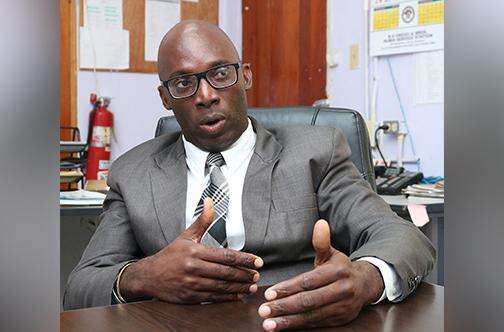Pakistan's 2026 Budget: Finance Ministry Takes the Lead, Aurangzeb Confirms

Islamabad, Pakistan – In a significant shift in budgetary procedures, Pakistan's Finance Ministry, and not the Federal Board of Revenue (FBR), will be responsible for presenting the 2026 budget, according to Finance Minister Muhammad Aurangzeb. This announcement marks a departure from past practices and signals a potential restructuring of the country's financial planning and presentation process.
Speaking at a recent business forum, Aurangzeb emphasized the Finance Division's central role in shaping and delivering the upcoming budget. This move aims to streamline the process, enhance coordination, and ensure a more cohesive fiscal strategy. The FBR, traditionally tasked with presenting budget details related to revenue collection, will now operate under the Finance Ministry's guidance.
Why the Change?
The decision to shift responsibility to the Finance Ministry is driven by several factors. Firstly, it aims to improve the overall coherence of the budget. Integrating revenue projections and expenditure plans within a single ministry ensures a more holistic and unified fiscal policy. Secondly, it reflects a desire to strengthen the Finance Ministry's capacity for economic forecasting and strategic planning. By taking ownership of the entire budget process, the ministry can better anticipate economic trends and formulate policies accordingly.
The move also aligns with the government's broader agenda of fiscal reform and improved governance. Aurangzeb has repeatedly stressed the importance of transparency, accountability, and efficiency in managing the country's finances. Centralizing the budget presentation under the Finance Ministry is seen as a step towards achieving these goals.
Impact on the FBR
While the FBR's role in budget presentation will be reduced, its core function of revenue collection remains critical. The agency will continue to play a vital role in forecasting tax revenues and implementing tax policies. However, its work will now be more closely integrated with the Finance Ministry's overall fiscal strategy. This closer collaboration is expected to enhance the effectiveness of revenue collection efforts and ensure that tax policies are aligned with broader economic objectives.
Looking Ahead: 2026 Budget Expectations
The 2026 budget is expected to be a crucial test of the government's commitment to fiscal discipline and economic reform. With the country facing significant economic challenges, including high inflation, debt burden, and external pressures, the budget will need to strike a delicate balance between addressing short-term needs and laying the foundation for long-term sustainable growth. Analysts predict a focus on revenue mobilization, expenditure rationalization, and structural reforms to improve the country's economic outlook.
Aurangzeb has indicated that the budget will prioritize key areas such as education, healthcare, and infrastructure development. He has also signaled a commitment to attracting foreign investment and creating a favorable business environment. The Finance Ministry is expected to release detailed budget proposals in the coming months, providing further insights into the government's economic plans for 2026.
The shift in responsibility for budget presentation is a significant development in Pakistan's economic governance. It signifies a commitment to greater coordination, transparency, and efficiency in managing the country's finances. As the 2026 budget approaches, all eyes will be on the Finance Ministry to see how it will shape the nation's economic future.





